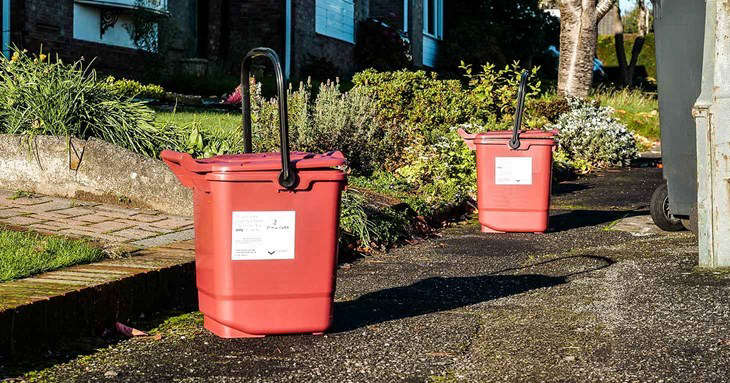
West Devon not far behind
Torridge is the top place in England for recycling after Colchester.
The Devon district's rate of waste reused, recycled or composted has improved by nearly a third (30 per cent) over the last five years at a time when the rate for the whole country decreased by seven per cent.
In the 12 months leading up to March 2021, Torridge recorded 385 kg of waste per person, seven per cent less than five years previous. This suggests households in Torridge have become better at reducing waste output, according to a survey by food waste disposer supplier InSinkErator which has come up with a ‘recycling-conscious score’.
From its calculations, it suggests the most recycling-conscious areas in England are:
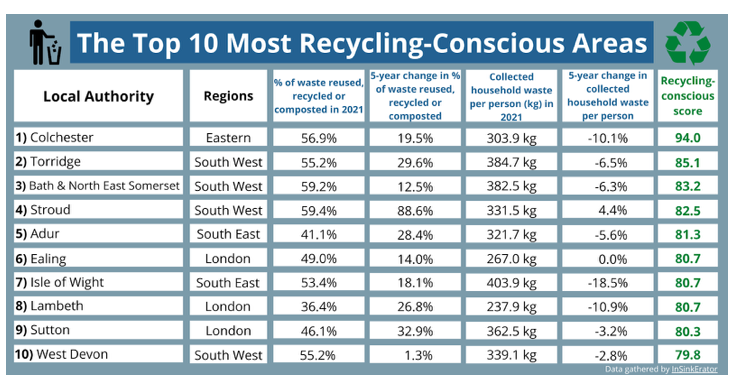
The least recycling-conscious areas are:
- Middlesborough
- Knowsley
- Blackpool
- South Tyneside
- Liverpool
The study uses data from the Government Department for Environment, Food & Rural Affairs (Defra) to see where households across England are taking steps to reduce waste output and increase recycling and composting rates.
This look into the recycling mindset across England follows the UK government’s pledge to eliminate food waste from landfill by 2030. According to ONS data, households are the biggest contributors to food waste in the UK.
Kevin Carr, UK Sales Director at InSinkErator, says:
“While some areas have made incredible progress on recycling in the last few years, England as whole has gone backwards, which is worrying. Just in the UK, our food waste contributes more than 20 million tonnes of greenhouse gas to the environment each year.
“As separate food waste collections come into play, households – and councils – have to do more. They need to become more recycling-conscious, building it into everyday routines and processes.
Susie Burrage, Ambassador & Board member of the Global Recycling Foundation, says: "In first world countries, like the UK, it is estimated 40 per cent of food is wasted. Unlike other streams, food waste recycling is the hardest service in which to get individuals to participate, mainly because it can be smelly, gooey and unpleasant to look at and handle.
"Increasing household engagement may not lead to increasing tonnages, as in other streams, as people often feel guilty when putting out full food waste caddies and this can lead to a reduction in the amount of food they waste in the future. Therefore, changing mindsets to recycle food waste will encourage people to be more conscious of what they are wasting, subsequently waste less and ultimately be less impactful on our planet.”
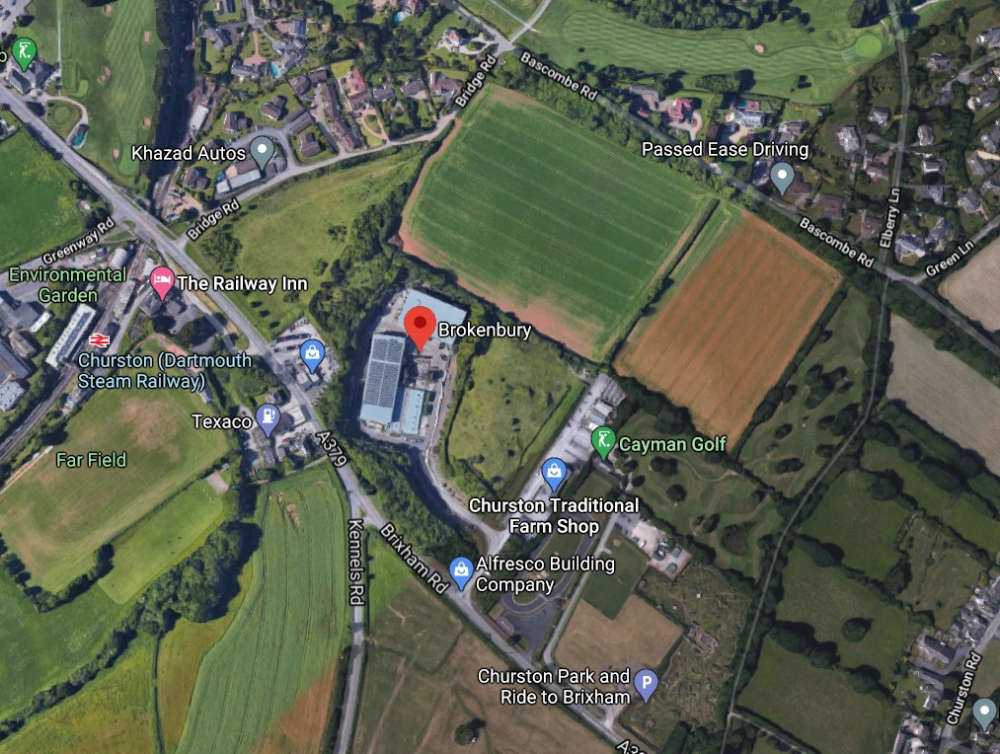 Official challenge to Torbay solar farm project
Official challenge to Torbay solar farm project
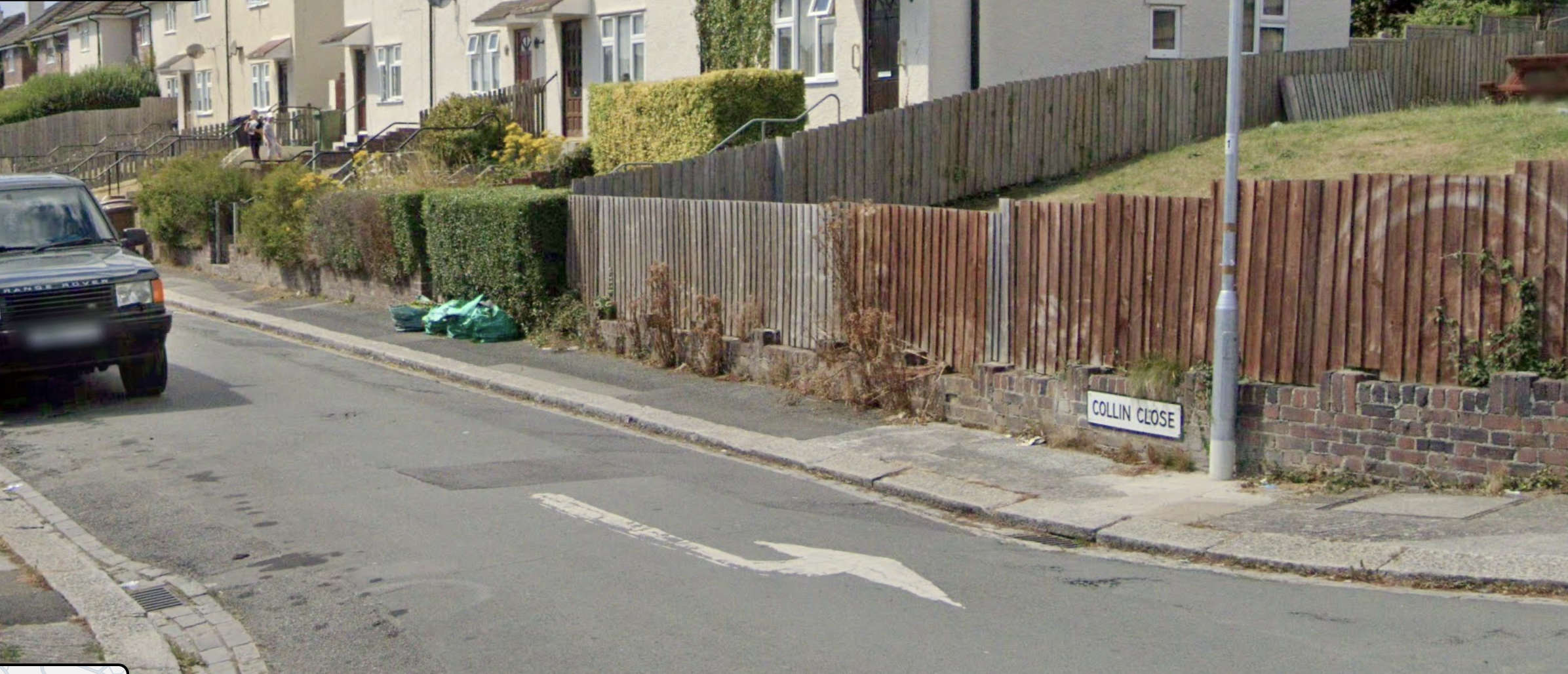 Two people injured in suspected Plymouth stabbing
Two people injured in suspected Plymouth stabbing
 Four councillors banned from council tax debates
Four councillors banned from council tax debates
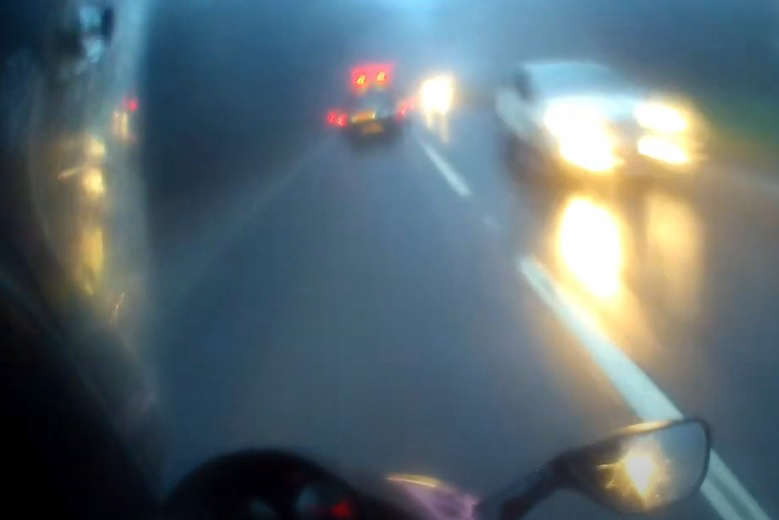 Video shows Devon biker causing horrific crash
Video shows Devon biker causing horrific crash
 Murder charge after Kingsbridge crash
Murder charge after Kingsbridge crash
 Poorly monkey gives birth to healthy baby
Poorly monkey gives birth to healthy baby
